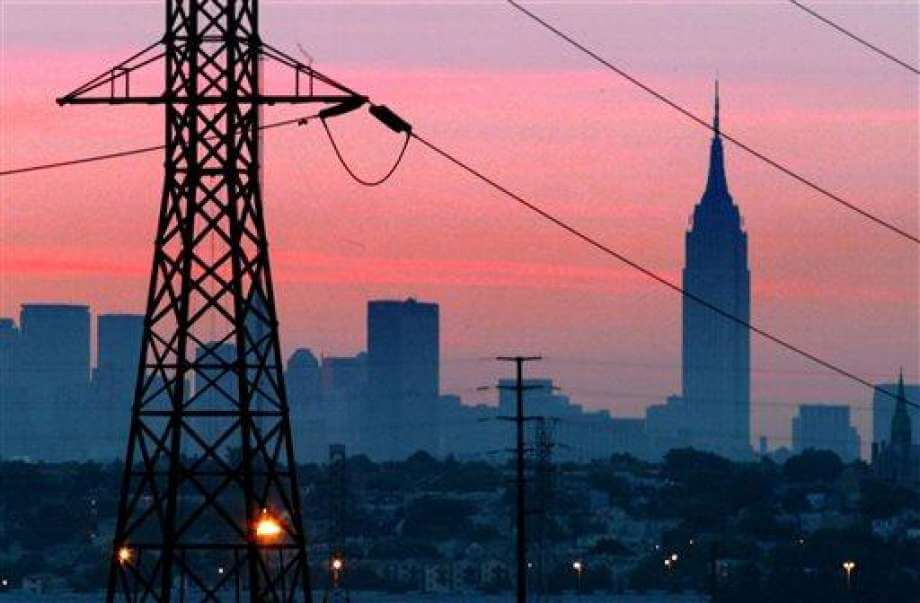The lovelorn have computer dating: Cupid is digitized. But computer dating is not just for romantic love anymore.
An intriguing new company, founded by two computer professionals, is helping start-up companies find love with big enterprises. The results, so far, are wedding bells for a great variety of companies.
The matchmaker is Hunterz.io (yes, spelled with a “z”) and the proposition is straightforward: Start-ups register and are connected with the all-important “hunterz” — people who have worked for large enterprises and know the lay of the land inside.
They are people who have been laid off or have retired or are consultants; they make introductions and direct the start-up to the right people and right part of the large enterprise. Sometimes a hunterz is employed by a large entity, but mostly they are or were associated or employed there.
The co-founders of Hunterz.io are Noam Weisman, a veteran of giant Cisco Systems, and Yuval Shalev, who used to work for Deutsche Telekom, one of the world’s leading integrated telecommunications companies.
Weisman told me that things were going well for the matchmaker before the coronavirus crisis, but there has been stratospheric growth since it began. “We have more than 10,000 hunterz on the platform, and we are active in 69 industries in 55 countries,” he told me. Although as a New York-based company, the emphasis is on North America, Weisman said.
An example of Hunterz.io at work is the successful linkup between Intellivisit, a Madison, Wis.,-based virtual health diagnostics company, and Rush Hospital in Chicago.
A hunterz made the introduction and Intellivisit found a role at the hospital. Weisman says that kind of linking is happening all the time to the benefit of the large enterprises and the start-ups. No more banging on closed doors, shooting off emails to unknown players who, as likely as not, will trash them.
This way willing start-ups and willing partners — investors or purchasers — meet each other.
“It was great to connect with some of the more innovative start-ups I have met,” said Kevin Serfass, manager of Global Telecom Partners. “My contacts appreciated me introducing these start-ups to them as they were in the process of looking for such solutions for a while now.”
Another hunterz, Othmar Knoll, an executive healthcare consultant, said, “Being a full-time consultant, it was a welcome change of pace to have vendors contact me for my services. Instead of me having to look for new vendors. It was simple and quick.”
To my mind Hunterz.io is the wave of the future — a wave I have been anticipating. New start-ups are likely to flood the market as we get to the “new normal.” That presumes that we will not suddenly revert to the status quo ante; that U.S. and global business will be dramatically restructured with new players, technologies and vision.
Since the beginning of business linking within the business sphere has been a problem. With Weisman’s company a new kind of efficiency has entered the marketplace.
Most of us have heard the plaintive, “Do you know anyone at this company? I think they would love my start-up, but I don’t know how to get their attention?” Or the equally sad, “I used to know someone whose wife worked there. Maybe she could help.”
As dating went from happenstantial to computer-matching so, too, businesses have always needed to know of each other. The big need the innovation of the small, and the small need the patronage of the big.
How many start-ups with wonderful product ideas have failed and left the field for want of an introduction?
Introductions are the oxygen of business and the more efficiently they can be made, the brighter the future looks — particularly at a time when, in so many ways, the future is cloudy.
After upheaval, like the current one, there is always innovation. But innovation needs to be known for it to find partners, patrons, purchasers.
When I was publishing magazines in New York in the 1960s, the struggle was to get a new magazine displayed on the 110,000 newsstands in the United States. We more-or-less bribed our way onto them.
Business has always had the equivalent of the newsstand problem: How do you tell them you are there?
Now they can find each other.









